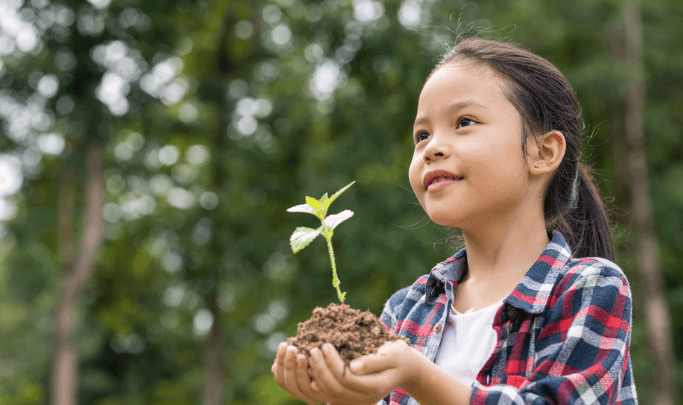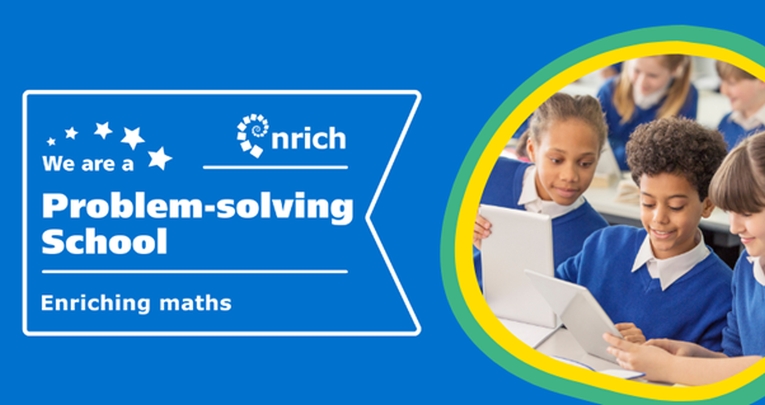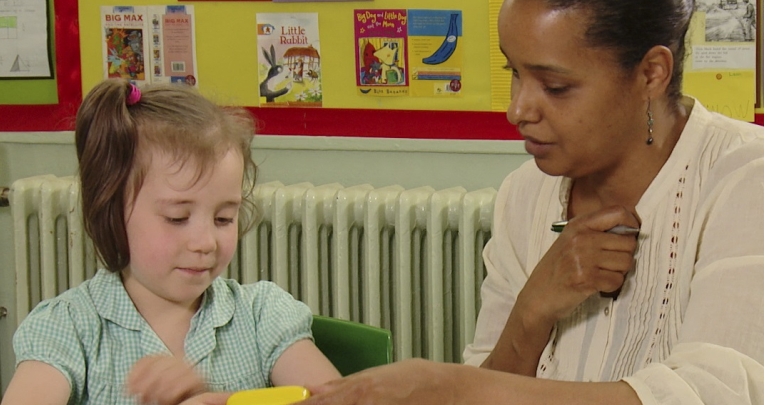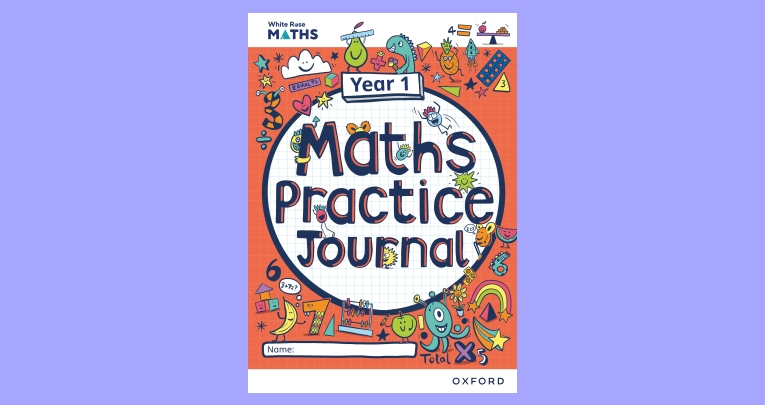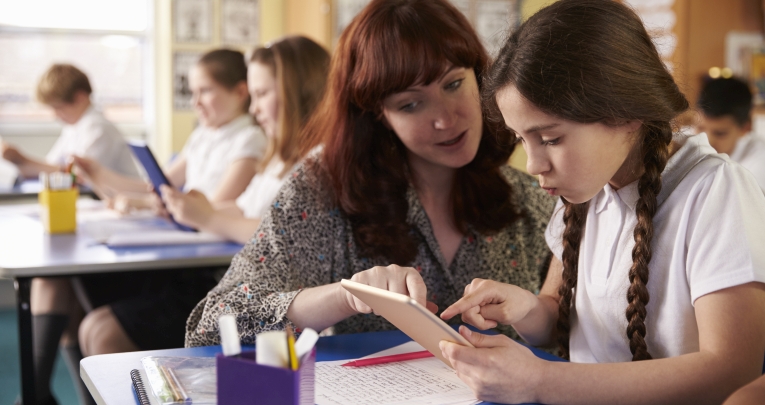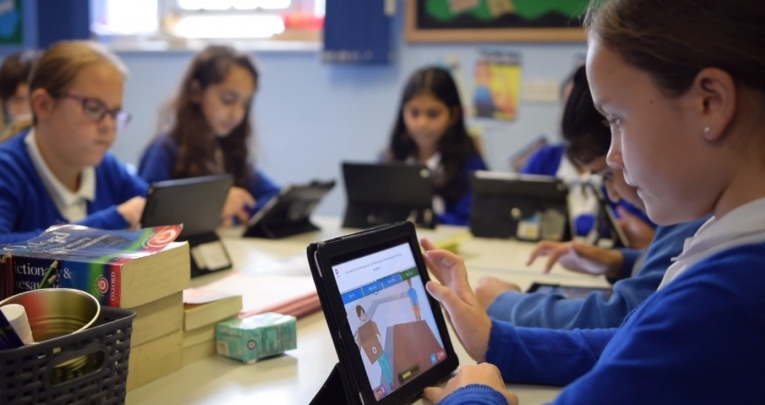Maths is a powerful tool in tackling climate change and teachers can drive positive change in their students in learning the numbers behind it so they can work towards solutions in the future.
We know that maths education is essential in developing an understanding of climate change. Without numbers, pupils would not understand ideals like the carbon budget or the limit of 1.5 degrees of warming at the centre of climate change debates.
This learning could help pupils to deploy their maths in innovative, world-changing ways.
In several of her speeches, Greta Thunberg makes it clear that climate change should be spoken about everywhere and often with the kind of gravitas that the Earth’s predicament warrants. She marvels in her speech entitled ‘Almost Everything is Black and White’ (2018) that ‘the vast majority [of people don’t] have a clue about the consequences of our everyday life’.
Indeed, School Education Gateway’s survey on Climate Education shows that only 4% of students felt that they knew a lot about climate change. This is something that teachers are well-equipped to change.
How does maths combine with active citizenship skills to change the world? Well, governments listen to numbers! In societies that are numerate, mathematical evidence is a convincing way of prompting action and everyone needs to develop skills in effective problem solving that will help them to create local and scalable solutions to climate change.
Therefore, this year, education partner accountable for learning outcomes, Whizz Education, supported by PiXL (Partners in Excellence) is delivering a suite of free summer learning activities across disciplines that will focus on the topic of climate change, sustainability, and ‘Building for a Greener Future.’
Activities will be based around the UN’s Sustainable Development Goals 7, 9, 11 and 13. They will encourage children to learn about the environments in which they live and to support the development of a sustainable world with a focus on STEM activities during the summer term and summer break.
We are now inviting schools to join in with our Building for a Greener Future summer activities. Pupils could be measuring rainfall while elevating maths skills by collecting and recording how many millimetres of liquid are captured and discussing how to make the records useful, fair, and impactful in the future.
Getting involved with Whizz Education’s summer project might provide other inspirations for local interests too.
As well as teaching students to handle numbers, the summer project has the capacity to inspire, engage and empower. Numerous studies have shown that climate change education has the biggest impact when students are encouraged to take responsibility for learning about issues that impact them and their communities.
By using rich and varied challenges, the key success factor is exploration rather than outcome. Involvement may be as simple as going for a walk and observing the patterns in bricks in the build environment. Discuss how different structures are made to withstand the elements.
Maybe (with permission!) take some rubbings of the brick patterns on building, or use Lego to construct a bridge? Perhaps go and find out what’s in the recycling box and see for what it could be re-used?
The project is designed to be accessible for a range of students’ abilities, guided by teachers and/or parents. A series of eight sections all contain open-ended activities encouraging children to ‘go and investigate.’
Content is designed to appeal, be as hands-on as possible and drive curiosity. Rather than instigate a prescriptive approach, we have put together some fun facts, suggested resources, discussion and starting points in the process of investigation.
From ‘Water is Power’ to ‘Energy in the Wind’ to ‘Build a Town’ there are no expectations, and students can work to their individual level focusing on elements or all of a project, and involvement can be individualised.
Discussing climate change, celebrating World Environment Day (5th June 2022), initiating projects for students to improve the sustainability of their own school (for example, by reducing food waste) or starting clubs to save the environment will have a profound impact on the future of the planet and can be used to cultivate ever-important mathematical knowledge and skills.
Whizz Education is an education partner dedicated to improving learning outcomes. Find further information and access free resources from Whizz Education’s free summer climate project here. Join us and help make a difference!





